Greek Mountain Tea, North (Sideritis scardica), packet of 10 seeds
$4.95
Family: Mint (Lamiaceae)
Hardy to Zones 7 to 10
(North Greek Mountain Tea, Ironwort) Woody perennial growing to 18 inches, native to Bulgaria, Greece and Yugoslavia. A comely plant, highly desired for those of us blessed with hot, dry summers and cool, moist winters. Tea of dried flowering tops is sweetish and pleasant. Traditional usage (TWM): colds and restless insomnia. Plant prefers full sun and very fast draining soil of raised bed or rockery, needing water to establish but drought tolerant once established. Plant prefers full sun. In the spring or anytime in warm soils, sow in pots or flats. Barely cover, tamp well and keep warm, evenly moist and in the light until germination, which occurs in about 10 days. Individuate seedlings to gallon pots and grow until sufficiently sized to transplant successfully to garden or landscape. Space plants 18 inches apart.
10 seeds per packet, Open Pollinated, Untreated, NO GMO’s
In stock

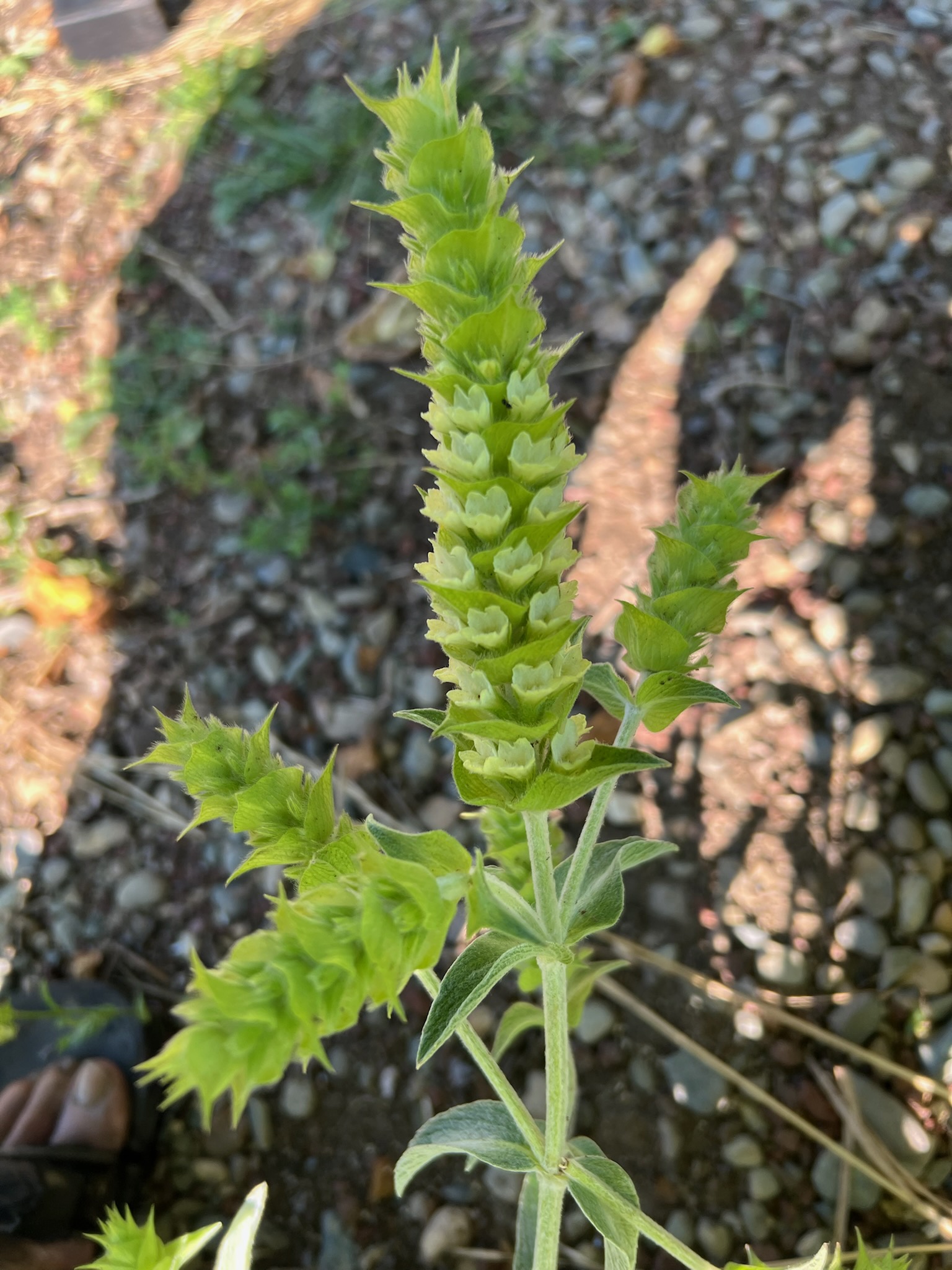
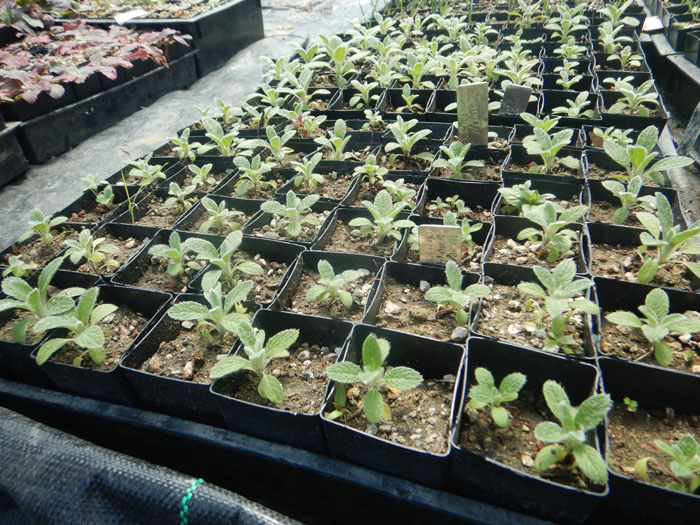
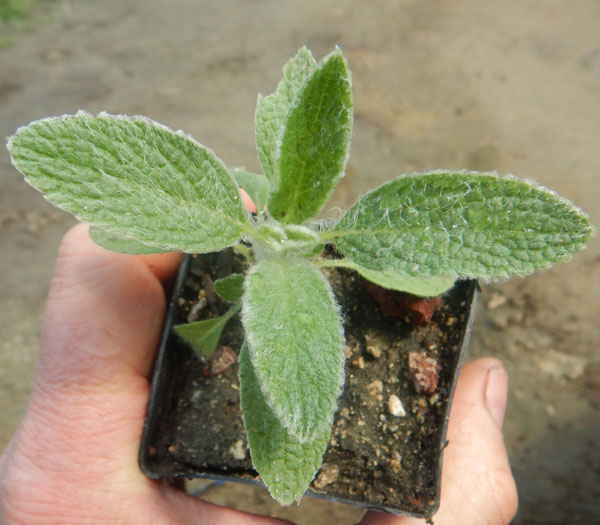

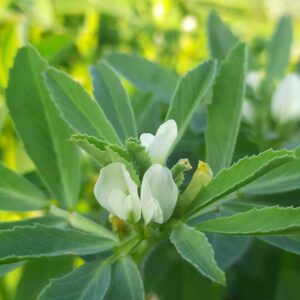
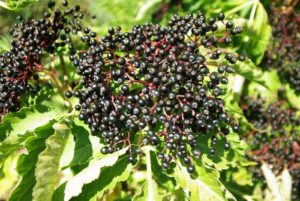

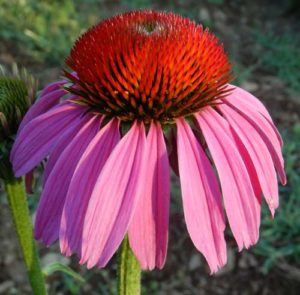
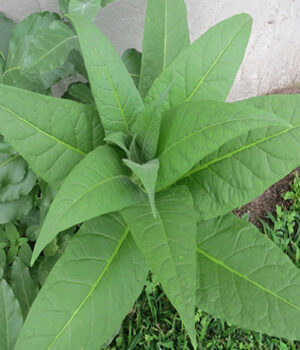
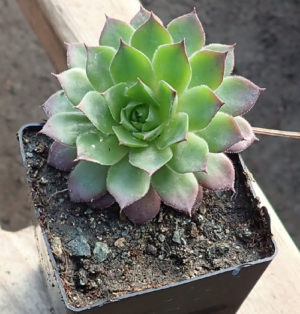
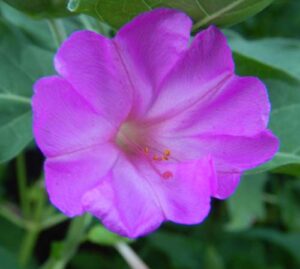
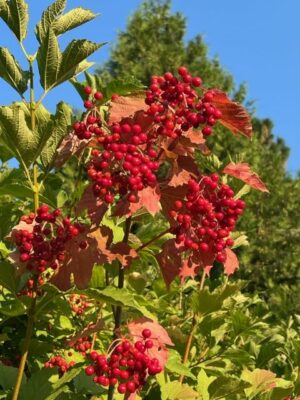
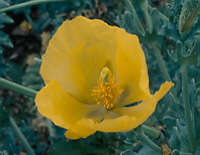
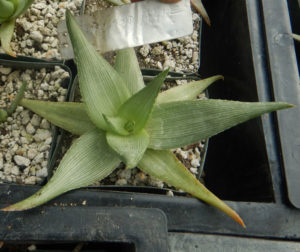
Question
Melody –
I was introduced to Sideritis syriaca from an elderly Albanian relative of a friend; it was such a joy to “talk” about herbs even though neither spoke the other’s language. I can get Sideritis syriaca to survive for a year or two, but it never thrives in my cold pocket of CT. I have no micro climate similar to what I imagine it wants. Would either of these sideritis possibly do any better in my area you think?
Upvote if this was helpful (0) Downvote if this was not helpful (0) Watch Unwatch Flag for removal
Richo Cech –
Hi Melody,
Thanks for contacting. When you don’t have the microclimate, if its of sufficient importance to you, then make the microclimate. Choose your sunniest spot, put down a weed barrier of cardboard, put 6-inch or larger cobbles in a pile on that, fill the interstices with cactus mix, and plant your ironwort in that. Yes, you’re choosing the right species. richo
Upvote if this was helpful (1) Downvote if this was not helpful (0) Flag for removal
Question
Leanne (verified owner) –
Hi Richo! I have some potted Greek Mountain Tea, and I’m in zone 5. Do you know if this plant will go dormant if kept in a cool, dark basement over winter? What temperature should my basement be in order for this to work? I also have some potted za’atar and spiked thyme – do you know if these plants will also go dormant if kept in a cool basement? Thanks! Leanne
Upvote if this was helpful (0) Downvote if this was not helpful (0) Watch Unwatch Flag for removal
Richo Cech –
Hi Leanne,
Thanks for writing. Cool, dark basements work well for plants that senesce completely in the winter, like goldenseal or solomon’s seal. The dark basement is not good for mediterranean plants that maintain aerial green portions through the winter, like thyme, zaatar and greek mtn tea. they need light during the winter cycle or they just turn to mush. here’s a snippet from a previous comment that seems relevant: These are naturally amenable to potted culture. They do require a fast-draining mix. I find them extremely cold-tolerant and haven’t lost any over the winter. If brought inside there is always the concern that they will get sad and droopy through lack of sun. It does make sense to choose the more northerly occurring species, which is where you left this comment. r
Upvote if this was helpful (2) Downvote if this was not helpful (0) Flag for removal
Dana Gallup –
Hi Richo, just read the above comment….I too live in zone 6 and it can go to at least 10 below zero here with very cold wind chills. I have a green house and grow rosemary and citrus in the green house durning our winters and these plants go outside in the summer here. Our Summers are hot and humid. I would like to have success with the Greek Mt. Tea plants. I could grow them in pots and bring them into my very bright greenhouse in the winter but would prefer to grow these outside. I mulch things very heavily year around to conserve moisture and keep the soil cooler in the summers here. How would suggest I grow these plants? Thank you! P.S. I have had such great success with so many of your seeds and plants…love your catalog! thank you, Dana
Upvote if this was helpful (1) Downvote if this was not helpful (0) Flag for removal
Richo Cech –
Hi Dana, Thanks for writing. Sounds like you have a good touch with plants. Some authorities list this plant down to a zone 6 and here’s the rub (that also has something to do with the advisability of mulching): With a plant like this, that loves well-drained soil, you’re going to see better winter hardiness in dryland situations where the crown is less likely to rot. Mulching may warm the roots, but it will increase the likelihood of rotting. I’m seeing a ton of comments on these webpages from people taking issue with the zone recommendations. They just love to prove you wrong! So, in a dry desert or mountain environment zone 6, despite the very cold nighttime temps, the plant may do fine outdoors. But in a wet winter area zone 6 with lots of snow and slush, the plant will probably rot. In terms of zoneophobia, I try not to succumb, do my own tests, find the microsites, and use my on-site experimentation to fine-tune technique and grow more plants. richo
Upvote if this was helpful (1) Downvote if this was not helpful (0) Flag for removal